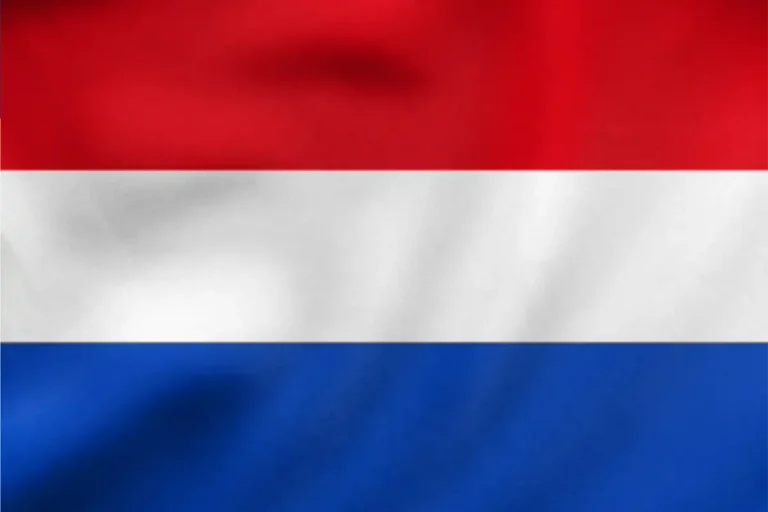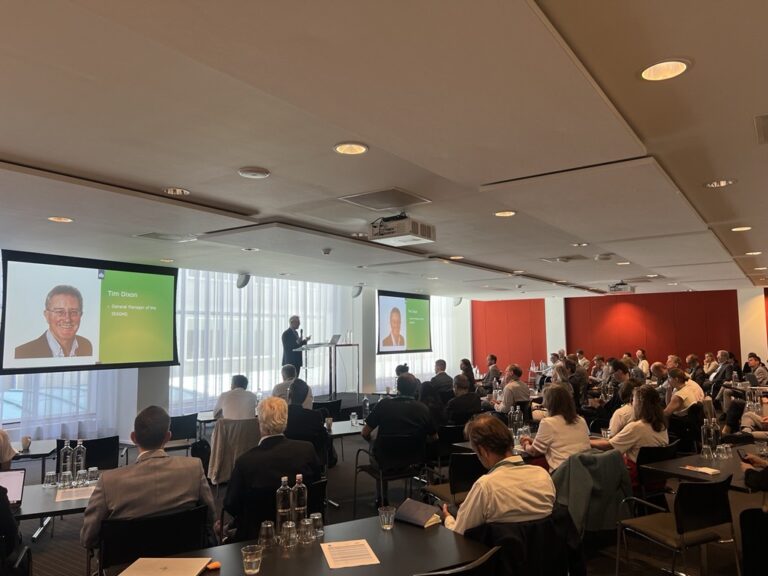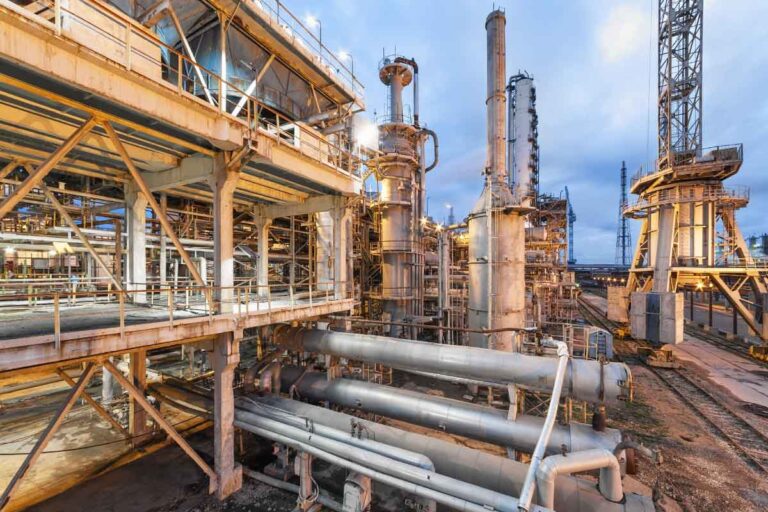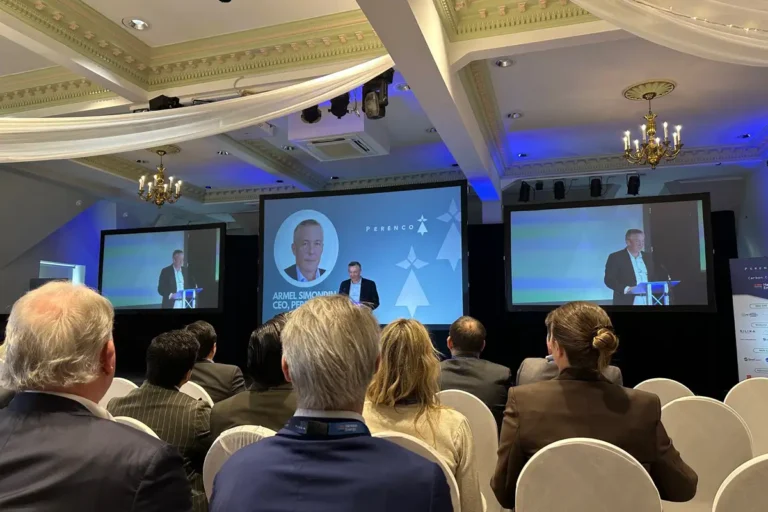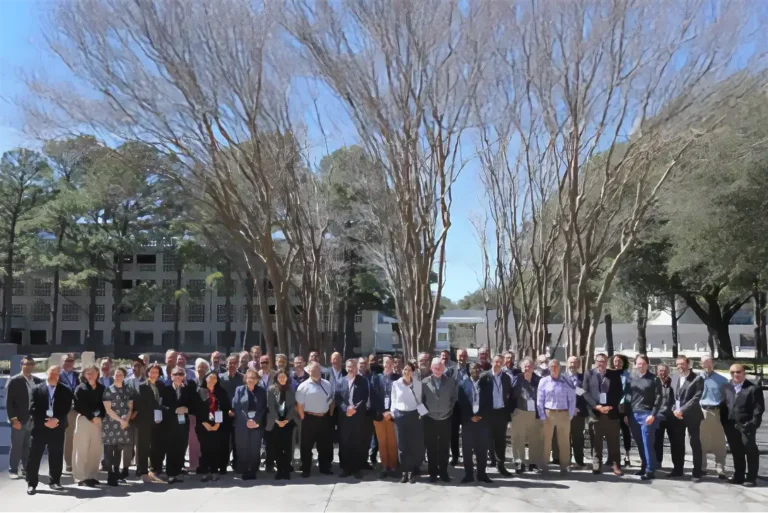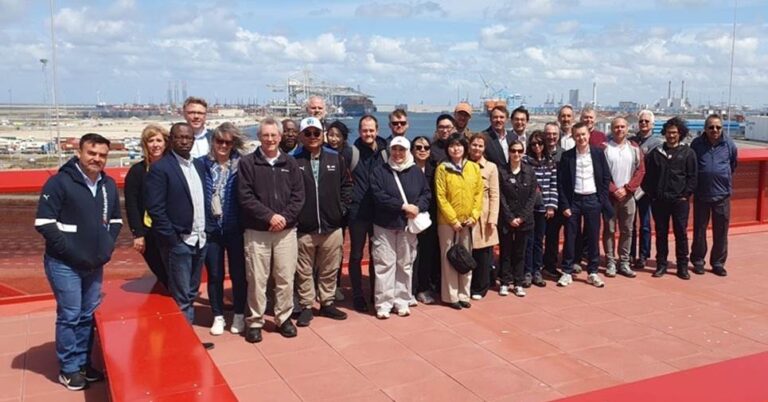
50 years of the London Convention – London Convention and London Protocol LC45/LP18 meeting 2023
9 October 2023

In 2022, IMO marked fifty years since the adoption of the London Convention. The adoption of the Convention was a major achievement, which, along with the 1972 United Nations Conference on the Environment in Stockholm, constituted the first steps to truly put the environment at centre stage and take responsibility for the harm humans have done to the ocean. In the 2023 meeting (LC45/LP18) this was celebrated with a launch of the 2022 conference proceedings “Protecting the ocean – moving forward at 50: London Convention/Protocol and Stockholm Declaration, fiftieth-anniversary proceedings”. The proceedings highlighted the major achievements, which include responding to the threats of climate change by the consideration of CCS and adoption of the CCS amendments in 2006, 2009 and 2019 to allow CCS and the export of CO2 for CCS.
We are very pleased to inform you that IEAGHG is now accredited in our own right as an Observer Intergovernmental Organisation (IGO) for the London Convention. Having attended for 15 years on the OECD/IEA delegation it is more appropriate to be recognised in our own right.
CCS
As usual, this meeting asked for updates on the acceptance and ratification of the 2009 CO2 Export Amendment and the use of the 2019 Provisional Application of the Export Amendment. The number of countries who have accepted the 2009 Amendment has not changed from last year, still ten, so it is a long way from coming into force. On the Provisional Application, in the last year, the UK has sent a declaration to IMO to bring the total to seven countries (Norway, Netherlands, Belgium, Denmark, Korea, Sweden and the UK) who can use this for exporting/importing CO2 for CCS.
Norway provided an update on their CCS activities, including the work towards legally binding bilateral agreements for importing CO2, and the commercial arrangements developing with Yara in the Netherlands and Ørsted in Denmark to import their CO2. They have also issued three new exploration licences this year.
Denmark provided an update on their CCS activities, including the bilateral arrangement with Belgium for the import of CO2. They consider that the EU ETS and CCS Directives provide sufficient legally binding agreement hence their “arrangement” with Belgium instead of a legally binding “agreement.” They stated that they prefer an EU-wide consistent approach, as described by the European Commission at LC44 last year with their London Protocol analysis paper (EU – London Protocol Analysis paper final 0930 | Climate Action (europa.eu)). The Netherlands also supported this approach.
Greenpeace and ACOPS reminded Parties about the obligation to reduce CO2 emissions in the preamble text of the Provisional Application and asked Parties to show how this was covered, in the licences, agreements and contracts.
The UK provided an update on their CCS project activities, including the issuing of 21 offshore storage licences recently (see IEAGHG blog of 19 September).
In terms of sharing experiences with offshore CO2 storage, a correspondence group is underway, led by Japan and Australia, with seven Parties involved, to look into the experiences in the application of the CO2 Specific Guidelines (2007 originally and 2012 version amended for export) for the issuing of permits. A total of ten Parties have responded. This will report to the London Convention Scientific Group meeting in 2024.
On behalf of IEAGHG, I provided an update on our activities relating to offshore CCS, covering the 6th Offshore CCS workshop (see IEAGHG blog 19 September), the IEAGHG Monitoring Network meeting (see IEAGHG blog of 14 August) and the GoMCarb final annual meeting (see IEAGHG blog of the 11 April). Greenpeace thanked us and Norway, and asked for more details to be provided.
Marine Geoengineering
Much work is underway on marine geoengineering. GESAMP (Joint Group of Experts on the Scientific Aspects of Marine Environmental Protection) provided an update on its review of techniques and their impacts on the marine environment. There is a legal working group considering whether a Provisional Application of the 2013 marine geoengineering amendment is feasible to bring in control and regulation sooner (as the acceptances are slow as with the 2009 CO2 export amendment). As well as ocean fertilisation, four other types of techniques are being considered in scope:1) ocean alkalinity enhancement; 2) macroalgae cultivation and other biomass for sequestration including artificial upwelling; 3) surface albedo enhancement with microbubbles/reflective particles/material; and 4) marine cloud brightening. Greenpeace also provided a paper of concerns and reviewed 12 projects around the world.
The 2013 amendment intends to bring into force the regulation of marine geoengineering, prohibiting it except for research purposes, and in those cases needing an assessment framework for the issuing of permits. In the LC44 meeting in 2022, the following statement was agreed “taking into account the precautionary approach outlined in Article 3 of the London Protocol, and while the 2013 LP amendment on marine geoengineering awaits entry into force (resolution LP.4(8)), the governing bodies encourage Contracting Parties to apply Annex 5 (the marine geoengineering assessment framework) to evaluate proposed marine geoengineering projects, including the four techniques mentioned above, to apply the utmost caution to their consideration, and to provide information to the LP/LC about ongoing and planned marine geoengineering activities.” So, a very precautionary approach.
As in recent years, IEAGHG were the only CCS-specific organisation present at the London Convention meeting.
Public information on the London Convention is available at Convention on the Prevention of Marine Pollution by Dumping of Wastes and Other Matter (imo.org).
Other articles you might be interested in
Get the latest CCS news and insights
Get essential news and updates from the CCS sector and the IEAGHG by email.
Can’t find what you are looking for?
Whatever you would like to know, our dedicated team of experts is here to help you. Just drop us an email and we will get back to you as soon as we can.
Contact Us NowOther articles you might be interested in
Get the latest CCS news and insights
Get essential news and updates from the CCS sector and the IEAGHG by email.
Can't find what you are looking for?
Whatever you would like to know, our dedicated team of experts is here to help you. Just drop us an email and we will get back to you as soon as we can.
Contact Us Now

